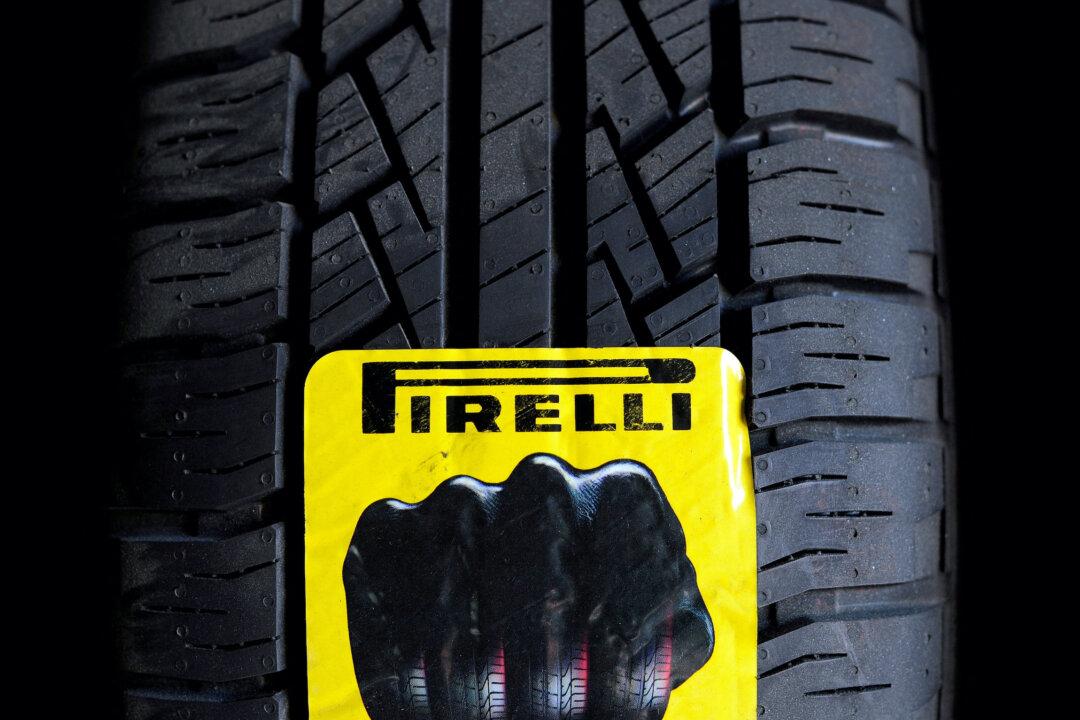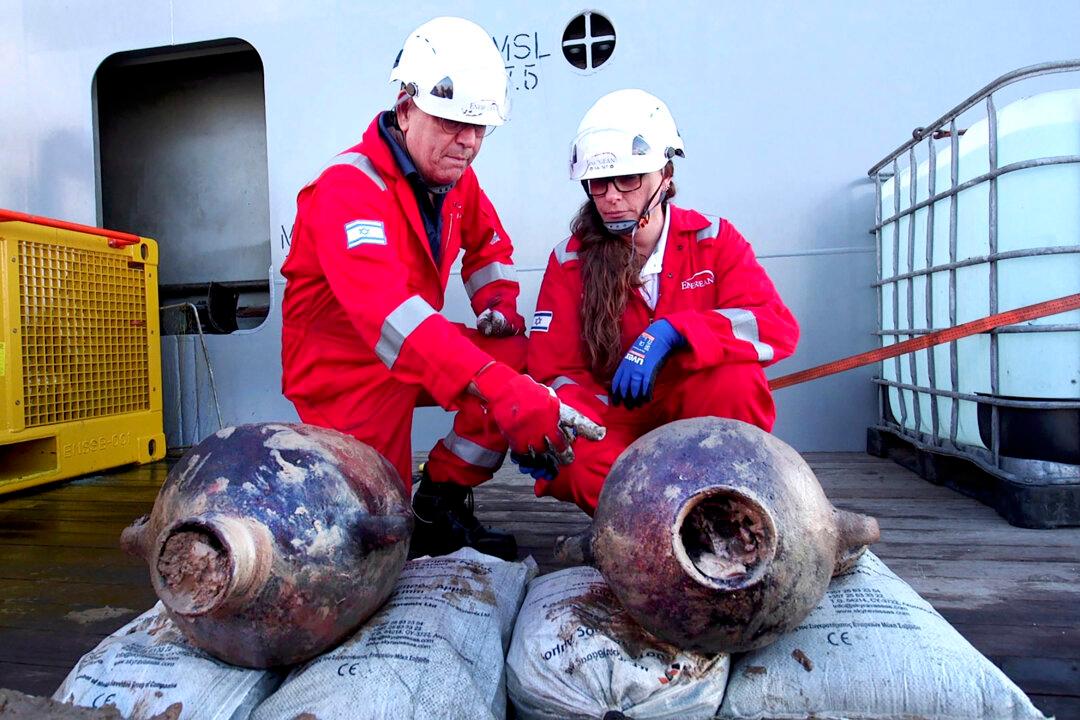Italy has approved measures to limit the control of a Chinese state-owned shareholder over the Italian tiremaker Pirelli, citing reasons of national security.
Rome’s decision comes after Sinochem, Pirelli’s largest shareholder with a 37 percent stake, notified the Italian government in March of plans to update an existing shareholder pact with Camfin, which is controlled by Pirelli CEO Marco Tronchetti Provera.





